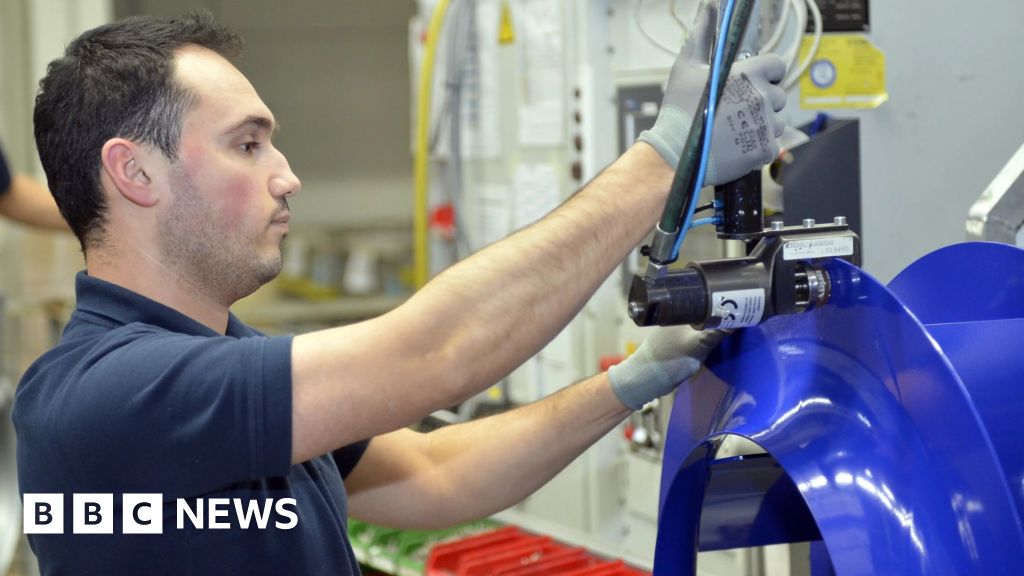- cross-posted to:
- world@lemmy.world
- cross-posted to:
- world@lemmy.world
cross-posted from: https://lemmy.world/post/22163141
Summary
German manufacturers warn of a severe economic crisis driven by high energy costs, inflation, labor shortages, bureaucratic burdens, and declining demand in key markets like China.
The manufacturing sector, including firms like Volkswagen, Beckhoff Automation, and Ziehl-Abegg, faces stiff competition from China’s booming exports, especially in electric vehicles.
Political instability and inconsistent government policies have worsened the outlook, leading to job loss fears and restructuring.



Yes, China has a structured overcapacity fueled by state subsidies. That has led to a fierce price competition in the Chinese market with many Chinese carmakers going bankrupt, while the remaining car manufacturers seek their cure in exports that are only possible by just these huge state subsidies and forced labor.
At the same time, China’s markets remain closed. For example, foreign car companies can’t establish a subsidiary in China, they need a Chinese partner who then holds the majority of the joint venture. Just to name an example.
There is no reciprocity, which is a crucial thing in international trade. Of course, this wouldn’t solve Germany’s or Europe’s issues, but it is part of the problem. And it is right that Europe and other countries and blocs -including China’s Asian neighbours to whom these issues apply as well- protect their markets accordingly.